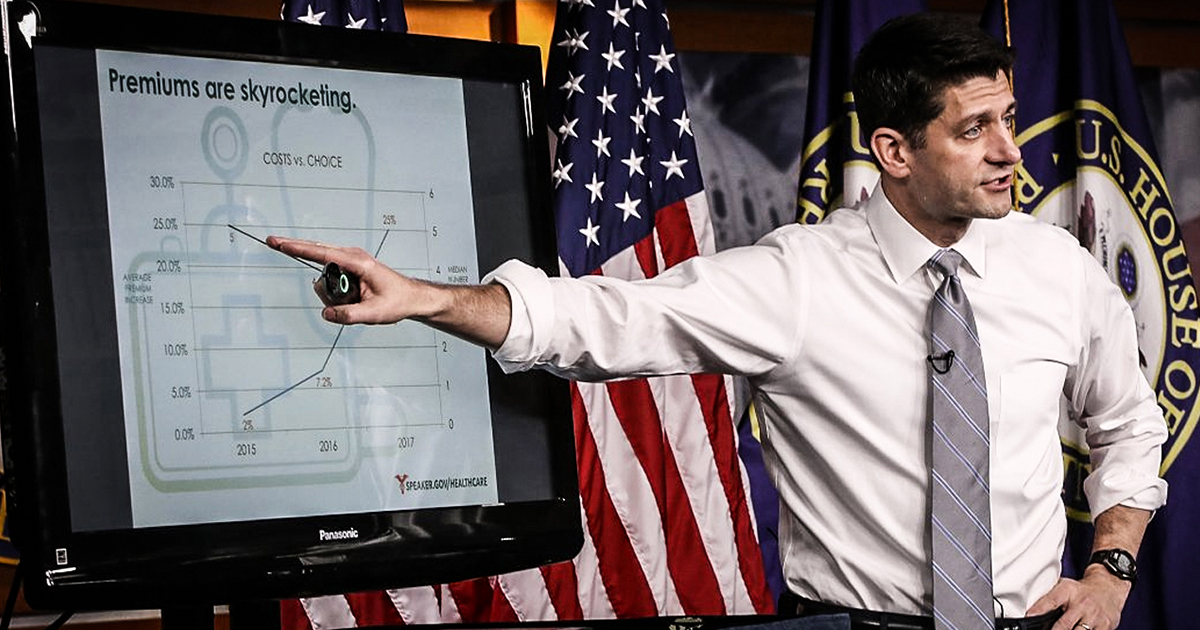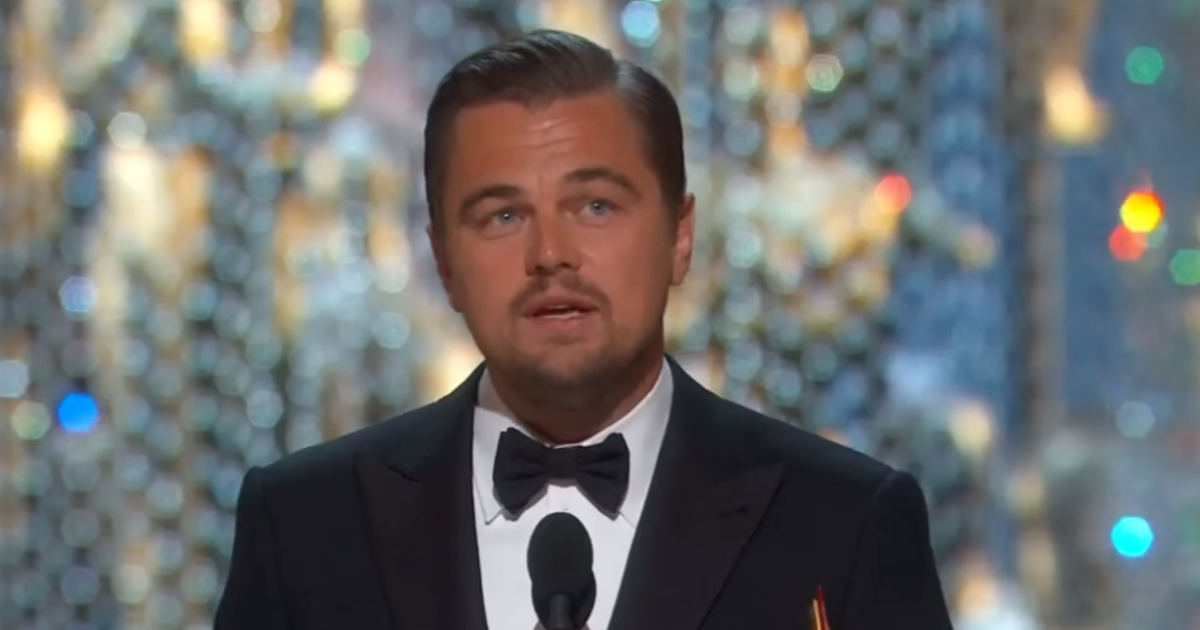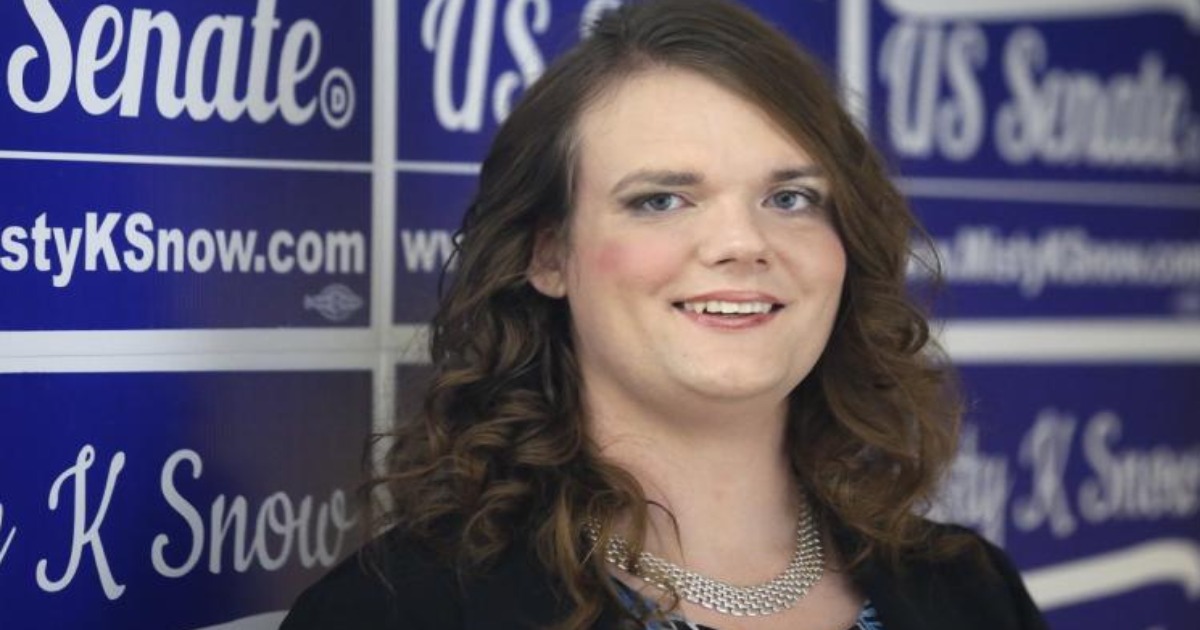In a 217-212 vote, the Republican-led House of Representatives passed HR 1628. Once the clinching vote was cast, Republicans cheered loudly. The Wall Street Journal reported that Democratic Representatives sang out with “Na Na Hey Hey Kiss Him Goodbye” to their Republican colleagues, apparently saying that the Republicans will lose their Congressional seats over the vote.
As the House passed the health-care bill, Republicans cheered while Democrats responded with: “Na na na na, hey hey hey, goodbye.” pic.twitter.com/t2fsXelYZe
— Capital Journal (@WSJPolitics) May 4, 2017
Of note, there were 20 Republicans voting against the bill, along with all 192 voting Democrats.
President Trump Tweeted out:
If victorious, Republicans will be having a big press conference at the beautiful Rose Garden of the White House immediately after vote!
— Donald J. Trump (@realDonaldTrump) May 4, 2017
Cases of beer could be seen rolling into the Capitol as a celebration is likely to take place.
The new bill will likely undergo several changes in the Senate, but in its current form, it is a disaster. It was voted on without public hearings or an analysis from the Congressional Budget Office. Senate leadership reportedly will wait for the CBO’s report on the bill before voting.
BREAKING: Senate will wait for CBO score before voting on healthcare bill – Majority leader Mitch McConnell https://t.co/ag8rokEqnz pic.twitter.com/7doQuMVPx8
— Reuters Politics (@ReutersPolitics) May 4, 2017
The poor, the elderly, and those with pre-existing conditions will likely see their coverage greatly reduced or eliminated.
Both the individual mandate and the employer mandate are eliminated, as are taxes on certain health-related products. Insurance customers will also be able to chose to eliminate certain coverages. For instance, someone could opt to not pay for maternity coverage if they do not plan to have a child. The relaxation of these rules will likely lead to smaller risk pools and increased health costs to those who need care the most.
The legislation will eliminate many former ACA requirements, allowing states to decide which benefits to offer. For instance, states will be allowed to remove minimum benefit standards. This would allow insurers to sell plans with no useful coverage and allow them to raise prices on patients will pre-existing conditions.
States will also likely rollback their Medicaid expansions, meaning millions of Americans near the poverty line would lose coverage.
The elderly will also be required to pay more toward their health coverage as the formulas for subsidies will be much different than under the ACA. For instance, a 64-year-old could be charged five times as much as a 18-year-old for coverage.
Meanwhile, individuals earning more than $200,000 will see two taxes eliminated: a 0.9 percent addition to the Medicare payroll tax and a 3.8 percent tax on income from investments.
*This is a quick reaction piece. Stay tuned to The Ring of Fire Network for continuing coverage and more in-depth analysis of the bill.*




